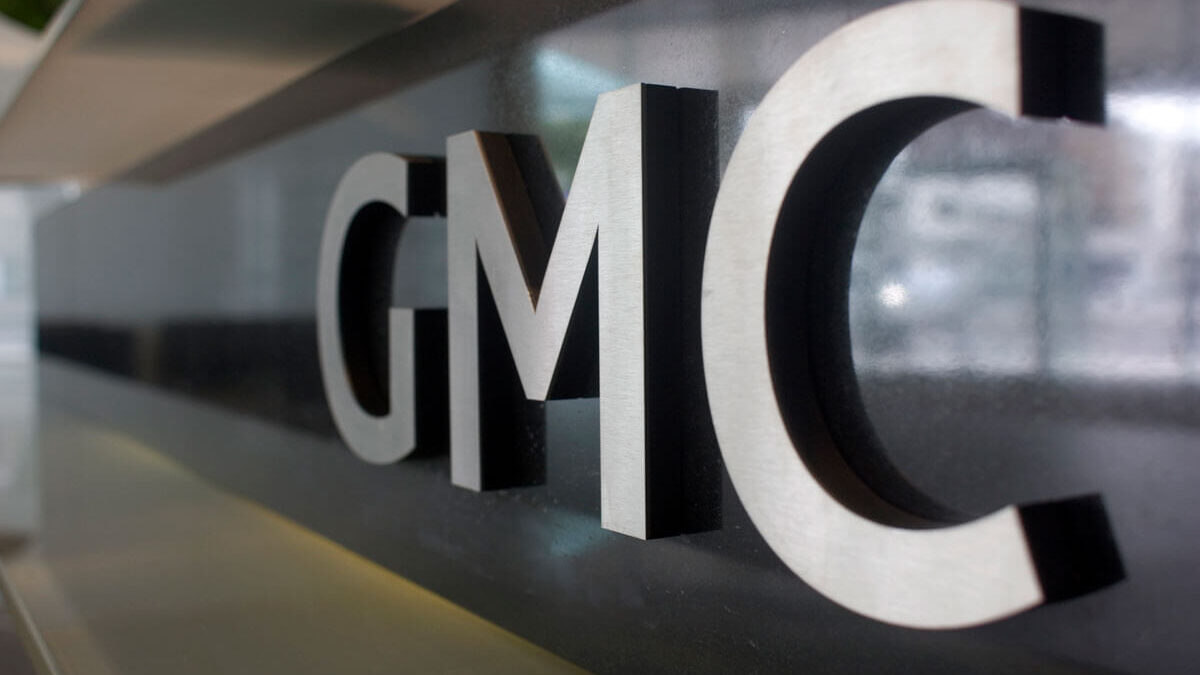

https://www.probityandethics.com/
As a doctor practicing in the UK, maintaining professional standards is crucial for ensuring patient safety and public confidence. The General Medical Council (GMC), the regulatory body for doctors, oversees these standards. When concerns arise about a doctor’s fitness to practise, the GMC launches an investigation. Understanding this process is essential for any doctor because a GMC investigation can have serious implications for both your career and mental well-being.
This article provides a comprehensive overview of the GMC investigation process, detailing when investigations are initiated, what steps are involved, and how doctors can navigate these challenges.
Each year, the GMC receives thousands of complaints, but not all lead to a full investigation. The GMC carefully assesses each complaint to determine if it meets the threshold for an investigation. Typically, the GMC investigates cases that raise serious concerns about a doctor’s ability to practise safely, public confidence in the profession, or compliance with Good Medical Practice guidelines. Here are common triggers for a GMC investigation:
While these are common reasons for investigations, only about 18% of complaints lead to formal action. The GMC screens out cases that do not involve a significant risk to patient safety or public confidence.
If a concern meets the GMC’s criteria, the investigation begins. This process can be lengthy and involves several stages:
When the GMC decides to investigate, they notify the doctor in writing. This letter details the concerns raised. At this point, doctors should take immediate action:
Early engagement with the GMC is crucial. Cooperation can expedite the process and demonstrate professionalism.
The next stage involves gathering evidence. The GMC’s investigation is thorough, and evidence may include:
This stage can be time-consuming, and the investigation length varies depending on the complexity of the case.
In some cases, the GMC may refer the doctor to an Interim Orders Tribunal to protect patients during the investigation. The tribunal may decide to:
These interim measures are precautionary and not an indication of guilt. The tribunal focuses on the potential risk to patients and public confidence.
Once the GMC collects all evidence, two senior decision-makers (one medical and one non-medical) review the case. They then decide on the next steps, which could include:
If referred to the MPTS, a tribunal hearing takes place. During the hearing, the doctor presents evidence, calls witnesses, and provides testimony. The tribunal may decide to:
If sanctions such as undertakings or conditions are imposed, the GMC monitors compliance. The doctor may be subject to periodic assessments, and the GMC stays in contact with the doctor’s supervisor to ensure adherence. Regular reviews help the GMC decide whether to modify, extend, or remove the sanctions.
The duration of a GMC investigation depends on the complexity of the case. While the GMC aims to resolve investigations within six months, delays can occur due to witness statements, health assessments, or tribunal scheduling. For cases involving health issues, investigations typically take around six months, with an additional three months for the health assessment.
The GMC investigation process is designed to protect patients and uphold the integrity of the medical profession. Although challenging, understanding the process and engaging proactively can help doctors navigate the situation more effectively. By adhering to Good Medical Practice and seeking the necessary legal and emotional support, doctors can work towards a resolution and continue their careers with confidence.
© Copyright 2024 Probity & Ethics. All Rights Reserved.